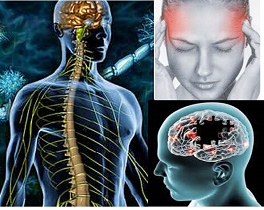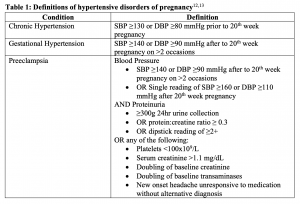Finding Relief Through Treatment for Neurological Disorder
The treatment for neurological disorder has come a long way in recent years, with new therapies and technologies providing relief to those who suffer from varying degrees of neurological issues. This article will discuss the various treatments available today and the ways they can help bring relief to those affected by neurological disorders.

Understanding Neurological Disorders
Neurological disorders are conditions that affect the brain, spinal cord, or peripheral nerves; they can range from mild to severe and can be caused by genetics, infection, or injury. Some common forms of neurological disorders include Parkinson’s disease, multiple sclerosis, epilepsy, and cerebral palsy, though many others exist as well. Symptoms of neurological disorders vary depending on the type and can include difficulties with movement, balance, memory loss, speech problems, cognitive impairment, and seizures.
Types of Treatment for Neurological Disorders
When seeking treatment options, it is important to work with a healthcare provider to determine the best course of action based on the individual’s needs. Depending on the severity and type of the neurological disorder, a combination of lifestyle changes, medications, and therapies may be recommended. Lifestyle changes can include nutrition, exercise, stress management, and avoiding triggers known to cause symptoms. Medications are typically used to control symptoms related to the neurological disorder. Lastly, different types of therapies such as physical therapy, occupational therapy, and speech-language therapy can be beneficial for improving physical abilities, planning activities, and managing communication difficulties.
Emerging Treatments for Neurological Disorder
New treatments for neurological disorders are being developed all the time, some of which are proving to be very successful in helping patients manage their symptoms. One such example is deep brain stimulation (DBS), which works by delivering electrical pulses through electrodes implanted in the brain. It has been used with success to treat Parkinson’s disease, tremors, and other movement disorders. Another emerging treatment option is stem cell therapy, which involves using stem cells to restore or repair damaged nerve cells. This therapy shows promise for treating Alzheimer’s disease, multiple sclerosis, and even some cases of stroke.
Alternative Therapies for Neurological Disorders
In addition to traditional medical treatments, there are also natural remedies that can help provide relief from the symptoms of neurological disorders. These treatments may include dietary changes, herbal supplements, acupuncture, massage, relaxation techniques, and meditation. Many of these alternative treatments are thought to help reduce pain, improve sleep, and promote overall health and wellbeing.
Resources for Those Living With Neurological Disorders
Living with a neurological disorder can be challenging, but there are organizations and resources available to provide support. The National Institute of Neurological Disorders and Stroke (NINDS) offers information about the latest research and treatments, as well as links to support organizations around the country. Additionally, many communities have local support groups that can offer advice and share experiences with others living with the same condition.
Treatment for neurological disorder can be a complex and overwhelming process, but with the right diagnosis and the right approach, it is possible to find relief. Working with a knowledgeable healthcare team can help individuals make decisions about what treatment options are best for them, and exploring potential alternatives may also help. Ultimately, with the right care, those living with neurological disorders can achieve greater quality of life and improved symptoms.

